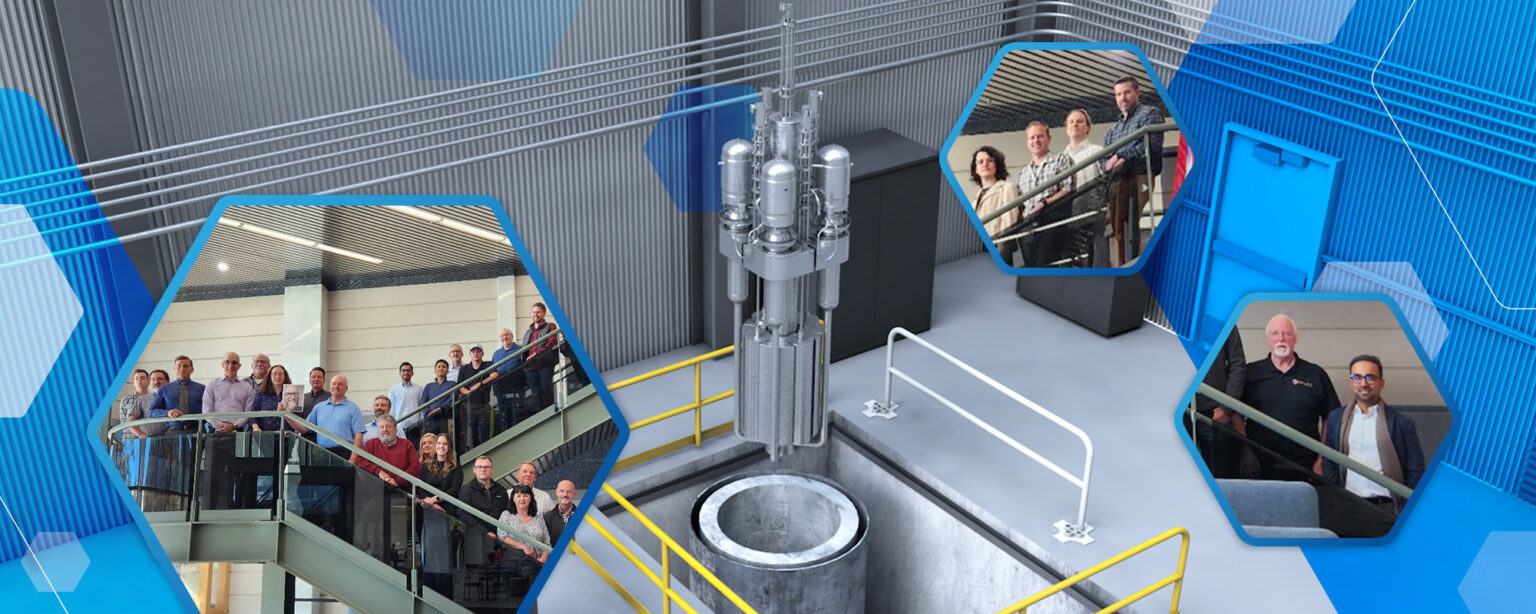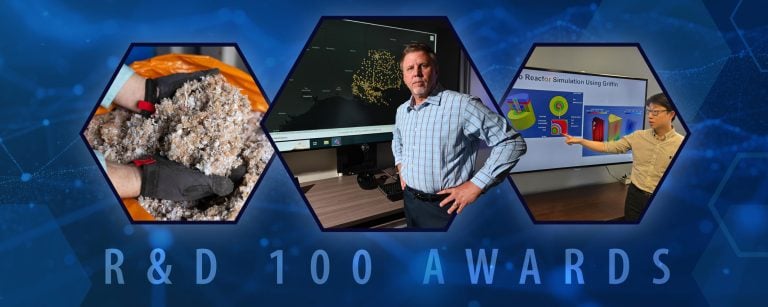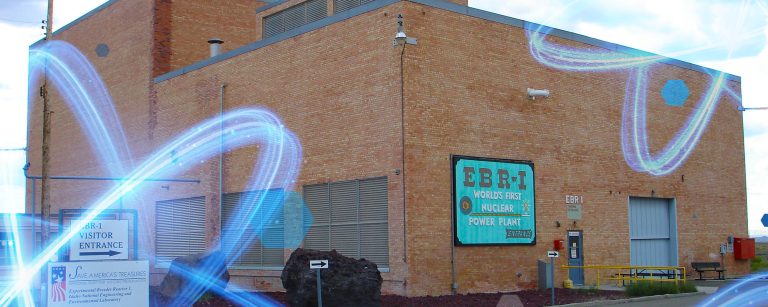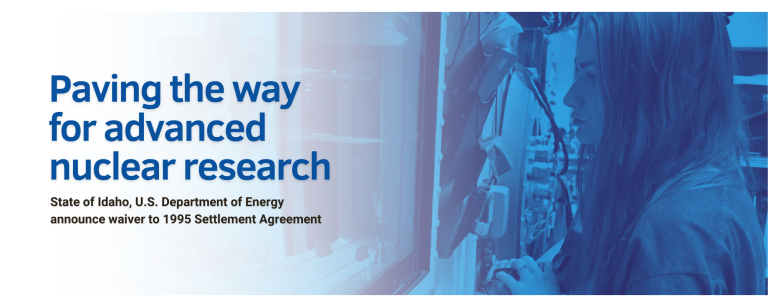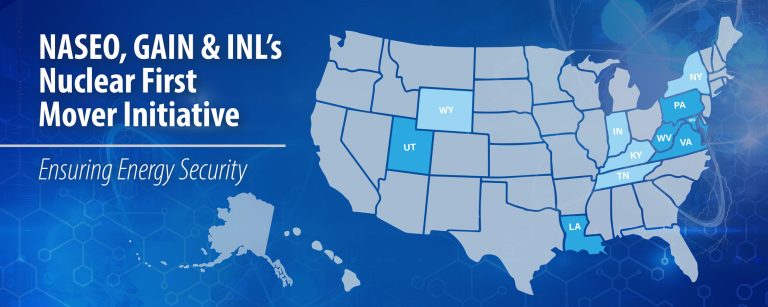In 1951, the desert of eastern Idaho hosted Experimental Breeder Reactor-I, the first nuclear reactor to generate a usable amount of electricity. Four years later, researchers followed that success with BORAX-III, the first reactor to power an American city.
The next two decades saw a flurry of research and development at that desert site — what is now known as Idaho National Laboratory, the nation’s nuclear energy research institution. That work led to the birth of the commercial nuclear industry and the 93 reactors currently producing carbon-free electricity around the country.
More recently, construction of new nuclear power plants has slowed, but the need for clean energy is more urgent than ever. Climate change and demand for carbon-free energy have motivated development of new nuclear reactor designs.
A MARVEL-ous Opportunity
Now, for the first time in 50 years, INL is preparing to build two new reactors and one reactor experiment at its desert site. One of these projects, the Microreactor Applications Research Validation and EvaLuation (MARVEL) microreactor will produce about 85 kilowatts of heat — which will be converted to approximately 20 kilowatts of electricity. A reactor this size would power around 10 homes.
The MARVEL team recently completed the 90% final design package, which means they are almost ready to begin fabricating components. This means the project is ready to proceed, while leaving room to make small adjustments. This is the first time a Department of Energy reactor project has achieved this milestone since the department’s creation in 1977.
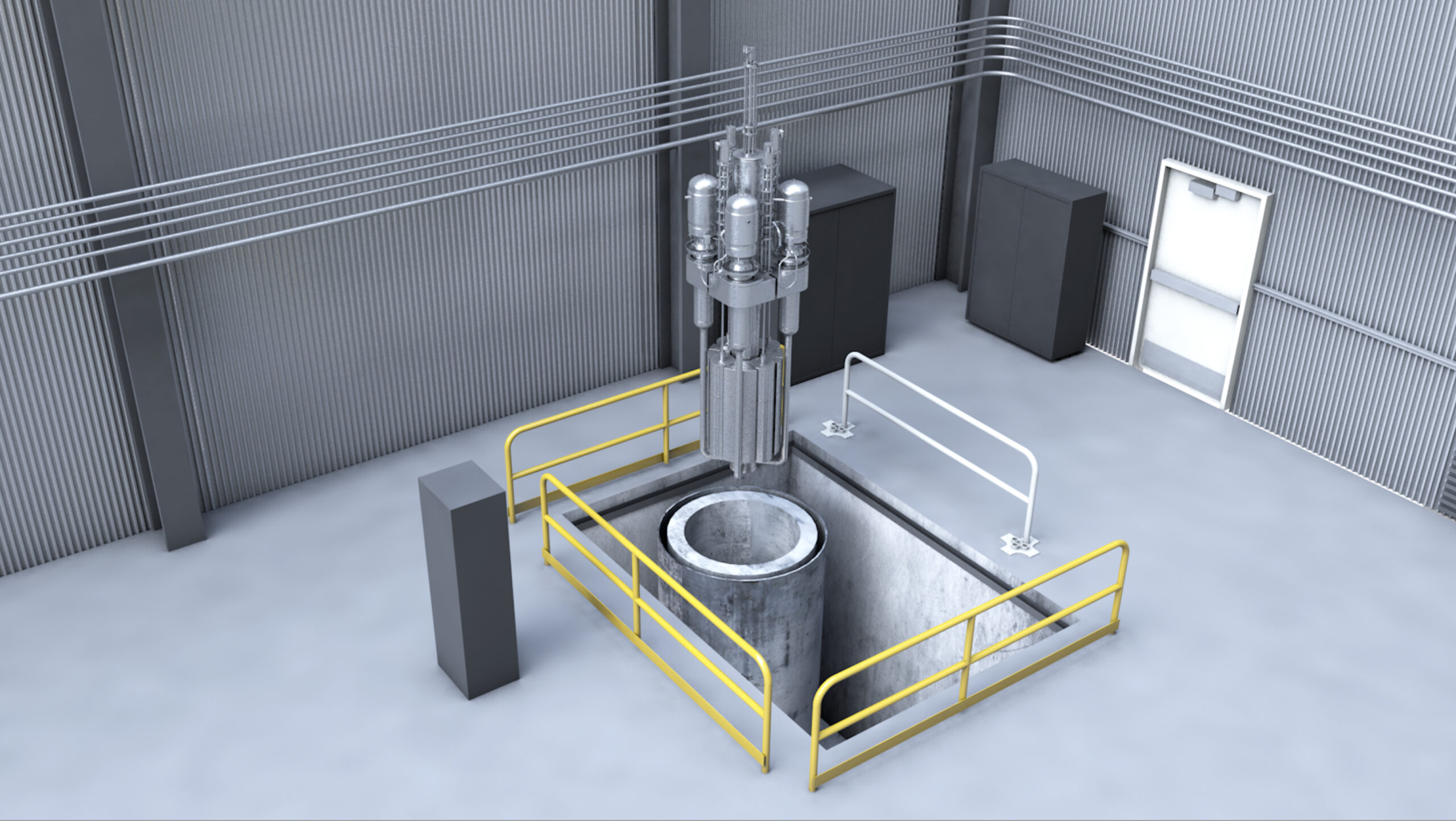
Planned to be operational as soon as late 2026, MARVEL will be one of the next reactors built at INL and a key step toward a new generation of carbon-free energy sources.
Microreactors like MARVEL are small nuclear reactors built in factories and transported wherever they are needed to provide electricity and heat. Initially, these reactors could power communities like remote Alaskan towns that now rely on expensive diesel shipments, along with industrial applications that require high temperature heat and electricity.
With MARVEL, INL plays an important role in developing tomorrow’s microreactors.
Supporting a New Nuclear Industry
MARVEL will meet two important needs. First, it will help researchers understand how to build, operate and eventually decommission a new reactor design. The scientific community has made enormous advances in materials science, computer modeling, and our understanding of how people and machines interact. That’s a tremendous amount of new information to apply to advanced reactor projects, and MARVEL will help put it all together.
Second, the data generated through the testing, startup and operation of MARVEL will give private industry important insights to help them develop their own reactors and make progress toward commercialization. A variety of private companies have already expressed interest in using MARVEL for testing microreactor applications and systems.

“This is truly a precedent-setting moment for DOE and the nation,” said John Jackson, national technical director of the Microreactor Program operated by the Department of Energy Office of Nuclear Energy. “This paves the way for a microreactor test platform that will answer fundamental questions of how microreactors will operate and the variety of services they can provide to help us lower carbon emissions.”
The MARVEL project is supported by a team of engineers at INL and private companies including Walsh Engineering Services, TRIGA International, Qnergy and Creative Engineers Inc. Dozens of companies around the country are developing advanced nuclear reactors, and projects like MARVEL are vital for proving the viability of microreactors and establishing valuable public-private partnerships.

